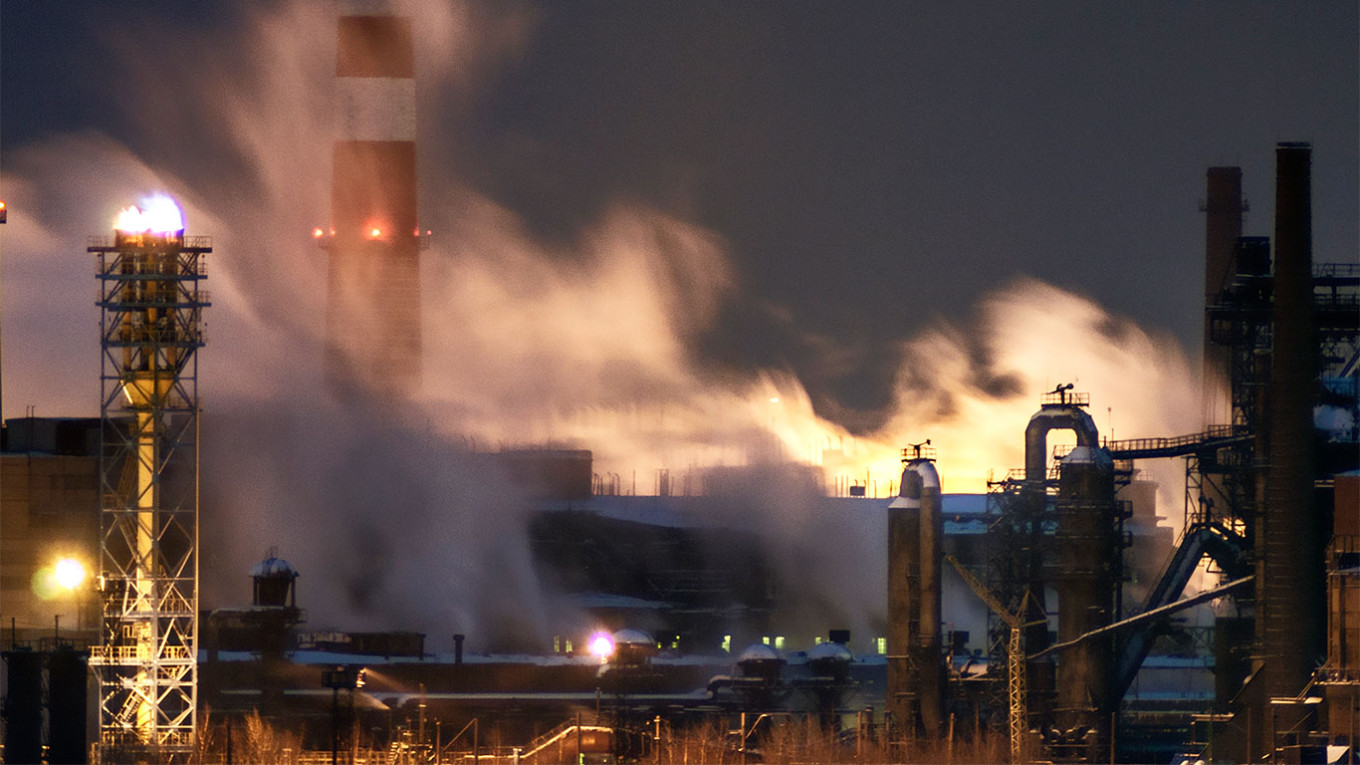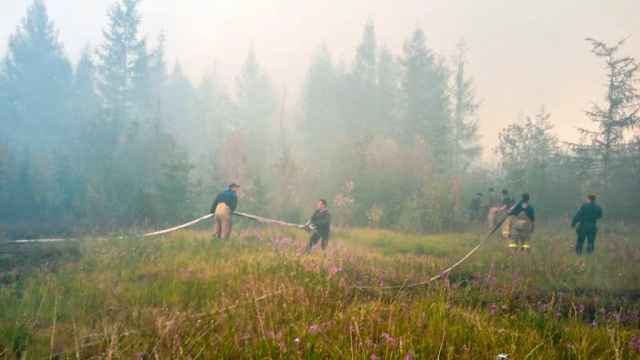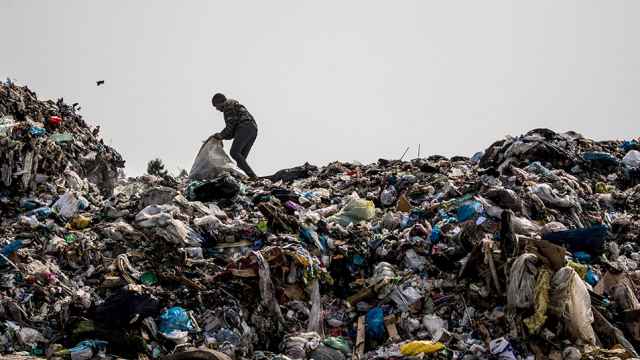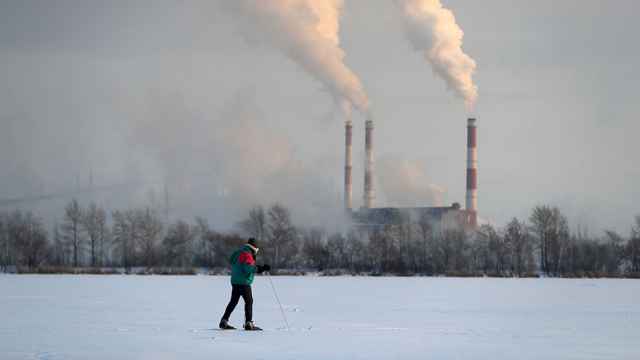An updated version of Russia’s climate doctrine signed by President Vladimir Putin on Thursday has dropped language that directly links the burning of fossil fuels to greenhouse gas emissions.
Russia’s climate doctrine, first introduced in 2009, outlines the government’s policy on climate change mitigation and adaptation.
Thursday’s updated doctrine notes the “unprecedentedly high” rate of global warming in recent decades and its “significant, predominantly adverse” effects on Russia, which include heatwaves, droughts, permafrost melting, and the increased spread of infectious diseases.
But it also mentions the positive effects of human-induced climate change, such as the lower cost of heating buildings and easier access to the Arctic for commercial exploration due to melting polar ice.
At the same time, Russia’s climate doctrine maintains the government’s previously stated goals to reach climate neutrality by 2060 and to reduce emissions of planet-warming gases by 30% from 1990 levels by 2030 — the latter aim Moscow claims to have already achieved by cutting emissions by over 50% in 2020.
While the updated doctrine still acknowledges humans' impact on the climate in the form of greenhouse gas emissions, it drops wording that says such influence is “primarily associated” with emissions “from the combustion of fossil fuels,” which was present in the original version of the document.
Similarly, the document now mentions so-called “technological neutrality,” a principle Russia promotes at international summits and conferences to promote nuclear energy, arguing that it should be recognized as a key source of renewable energy for tackling the global climate crisis.
Russia, one of the world's top emitters of greenhouse gases and a major exporter of hydrocarbons, is already feeling the impacts of climate change.
But compared to Western countries, where concerns about the climate crisis are widespread, this topic is nearly invisible in Russian media, politics, and education.
A Message from The Moscow Times:
Dear readers,
We are facing unprecedented challenges. Russia's Prosecutor General's Office has designated The Moscow Times as an "undesirable" organization, criminalizing our work and putting our staff at risk of prosecution. This follows our earlier unjust labeling as a "foreign agent."
These actions are direct attempts to silence independent journalism in Russia. The authorities claim our work "discredits the decisions of the Russian leadership." We see things differently: we strive to provide accurate, unbiased reporting on Russia.
We, the journalists of The Moscow Times, refuse to be silenced. But to continue our work, we need your help.
Your support, no matter how small, makes a world of difference. If you can, please support us monthly starting from just $2. It's quick to set up, and every contribution makes a significant impact.
By supporting The Moscow Times, you're defending open, independent journalism in the face of repression. Thank you for standing with us.
Remind me later.







